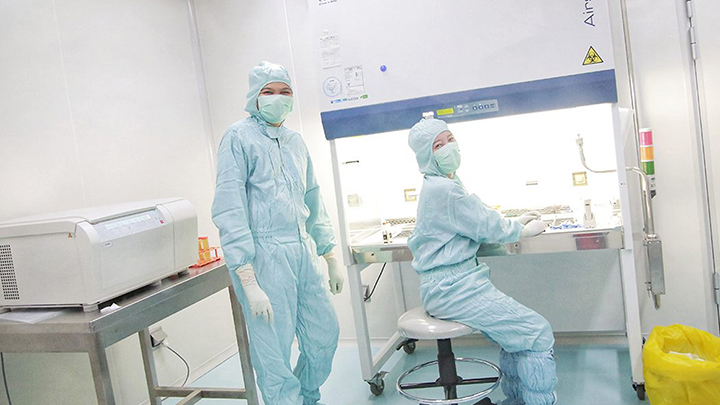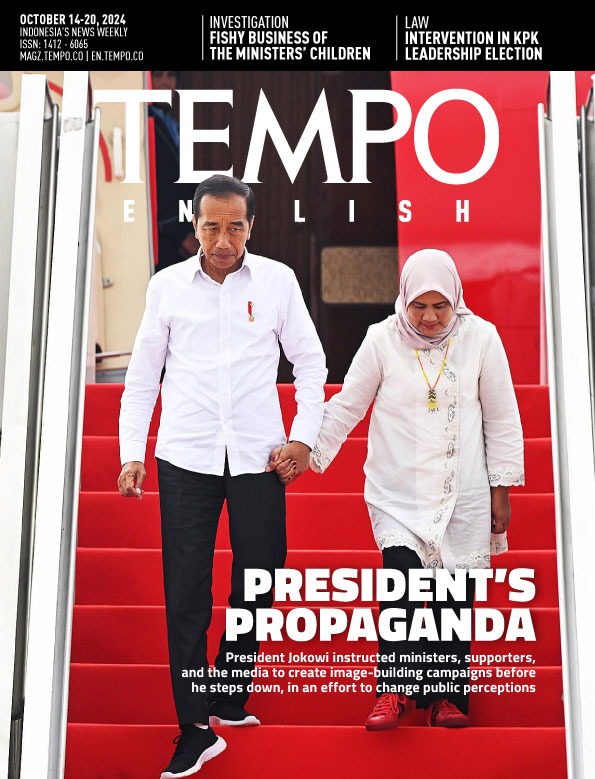A New Hope From Stem Cells
Monday, August 31, 2020
arsip tempo : 173058245565.

ISABELLA Kurnia Liem has been more busy than usual since last May. She and her team have had some additional duties, including monitoring the growth of stem cells which are to be given to Covid-19 patients. They grow the stem cells at the Stem Cell Medical Technology Integrated Service Unit Laboratory at the (RSCM-FKUI-KF). “We have to prepare them in advance, so that they are available for use when there are critical patients,” said
...
Subscribe to continue reading.
We craft news with stories.
 For the benefits of subscribing to Digital Tempo, See More
For the benefits of subscribing to Digital Tempo, See More








